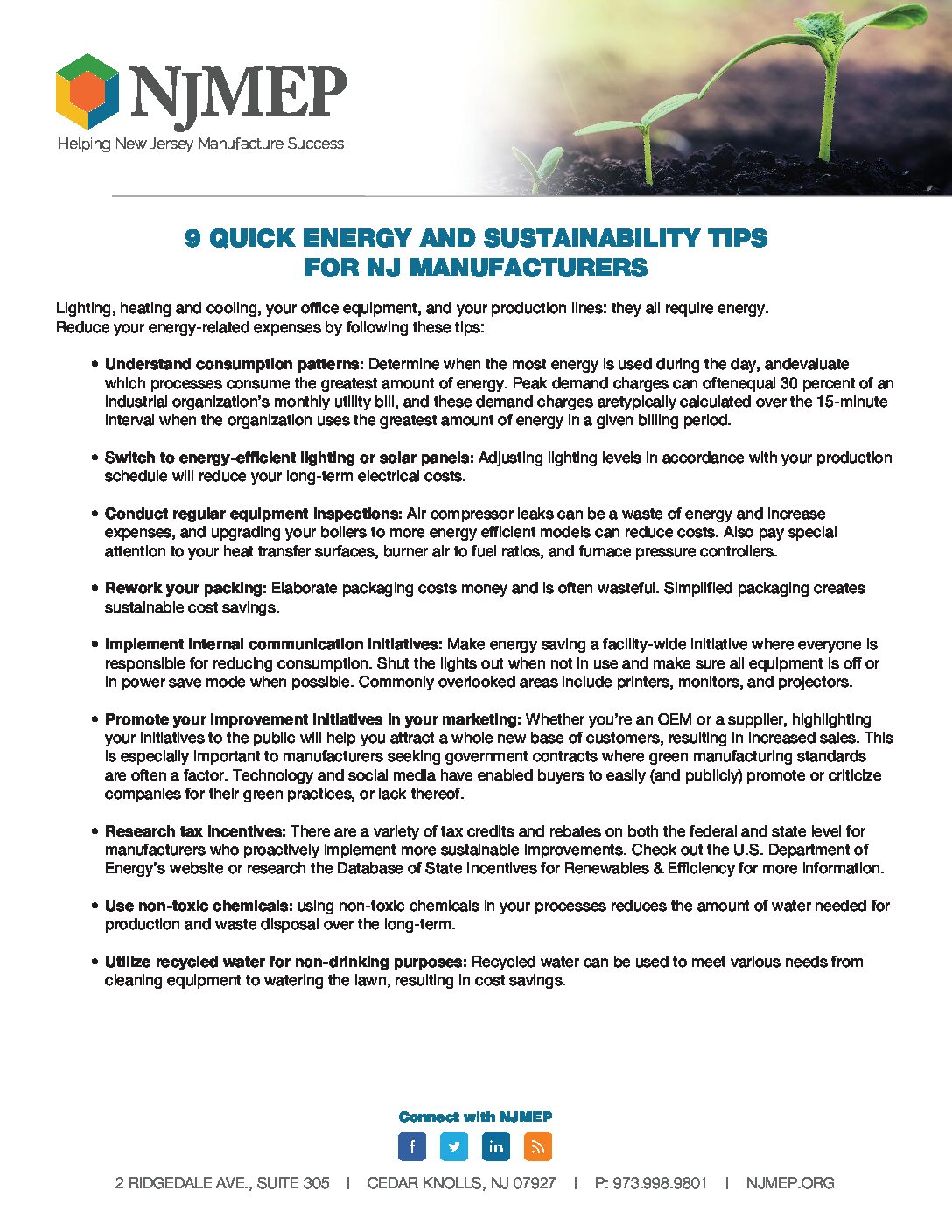Factoring contracts involve selling outstanding invoices to third parties in exchange for upfront cash, with the factor receiving payment from clients. A factoring relationship typically involves a buyer who receives services on credit, a seller who supplies the services and avails factoring arrangements, and a factor who provides financial support.
Most factoring agreements have an initial term of one to three years, with the option for automatic renewals. Exiting a factoring contract may require adherence to the minimum term and a notice period, although a financial penalty may allow for early termination.
These contracts outline the costs and terms of accounts receivable factoring for businesses, providing a financial solution.

Credit: www.refreshleadership.com
Key Tips For Success
When it comes to factoring contracts, understanding the key considerations and navigating the process successfully can greatly benefit your business. In this section, we will explore important tips for success, covering the understanding of factoring contracts, parties involved, duration, terminating the contract, and other essential considerations.
Understanding Factoring Contracts
A factoring contract is an agreement where a small business sells its outstanding invoices to a third party, known as a factor, in exchange for upfront cash. When the invoices are paid by clients, the factor receives the money instead of the small business itself. Understanding the terms and conditions of the factoring contract is crucial to ensure a smooth transaction and a mutually beneficial relationship.
Parties Involved In Factoring Contracts
A factoring relationship typically involves three parties:
- The buyer: a person or commercial enterprise that receives goods or services on credit.
- The seller: a commercial enterprise that supplies goods or services on credit and avails the factoring arrangements.
- The factor: a financial institution or company that purchases the outstanding invoices and provides upfront cash to the seller.
Understanding the roles and responsibilities of each party is essential for effective communication and a successful factoring contract.
Duration Of Factoring Contracts
Factoring agreements usually have an initial term ranging from one to three years, with automatic renewals after the initial term. It is important to carefully review the duration of the contract to ensure it aligns with your business’s financial goals and needs. Being aware of the contract’s duration allows you to plan accordingly and make informed decisions.
Terminating A Factoring Contract
Factoring contracts may have minimum terms and notice periods for termination. It is crucial to understand the terms and conditions regarding contract termination. In some cases, paying a financial penalty may be required to terminate the contract before the agreed-upon duration. Familiarize yourself with the termination instructions provided in the contract to avoid any potential complications.
Important Considerations In Factoring Agreements
Besides the key aspects mentioned above, there are other essential considerations to keep in mind when entering into a factoring agreement:
- Monthly and weekly fees: Understand the fee structure associated with the factoring agreement, including any recurring monthly or weekly fees.
- Invoice changes: Be aware of the procedure for making changes to invoices and any associated requirements or restrictions.
By taking these considerations into account, you can ensure a transparent and mutually beneficial factoring agreement.

Credit: www.njmep.org

Credit: www.facebook.com
Frequently Asked Questions Of Factoring Contracts
What Is A Contract Factoring?
A contract factoring is when a small business sells unpaid invoices to third parties in exchange for immediate cash. The third party, known as a factor, will then receive the payment from the clients when the invoices are paid. This allows the small business to access funds without waiting for their clients to pay.
Who Are The Parties To A Factoring Contract?
A factoring contract involves three parties: a buyer, who receives services on credit, a seller, who provides the services on credit and enters into the factoring arrangement, and a factor, a financial intermediary that purchases the seller’s outstanding invoices.
How Long Is A Factoring Contract?
A factoring contract generally has an initial term of one to three years with automatic renewals.
Can You Get Out Of A Factoring Contract?
You can terminate a factoring contract with a financial penalty, according to the minimum term and notice period outlined.
Conclusion
Factoring contracts are agreements where small businesses sell their outstanding invoices to third parties, called factors, in exchange for upfront cash. These contracts involve three parties: the buyer, the seller, and the factor. Most factoring agreements have an initial term of one to three years with automatic renewals.
It is possible to terminate the contract, but there may be financial penalties involved. Overall, factoring agreements provide a way for businesses to access immediate cash flow while transferring the responsibility of collecting payments to factors.